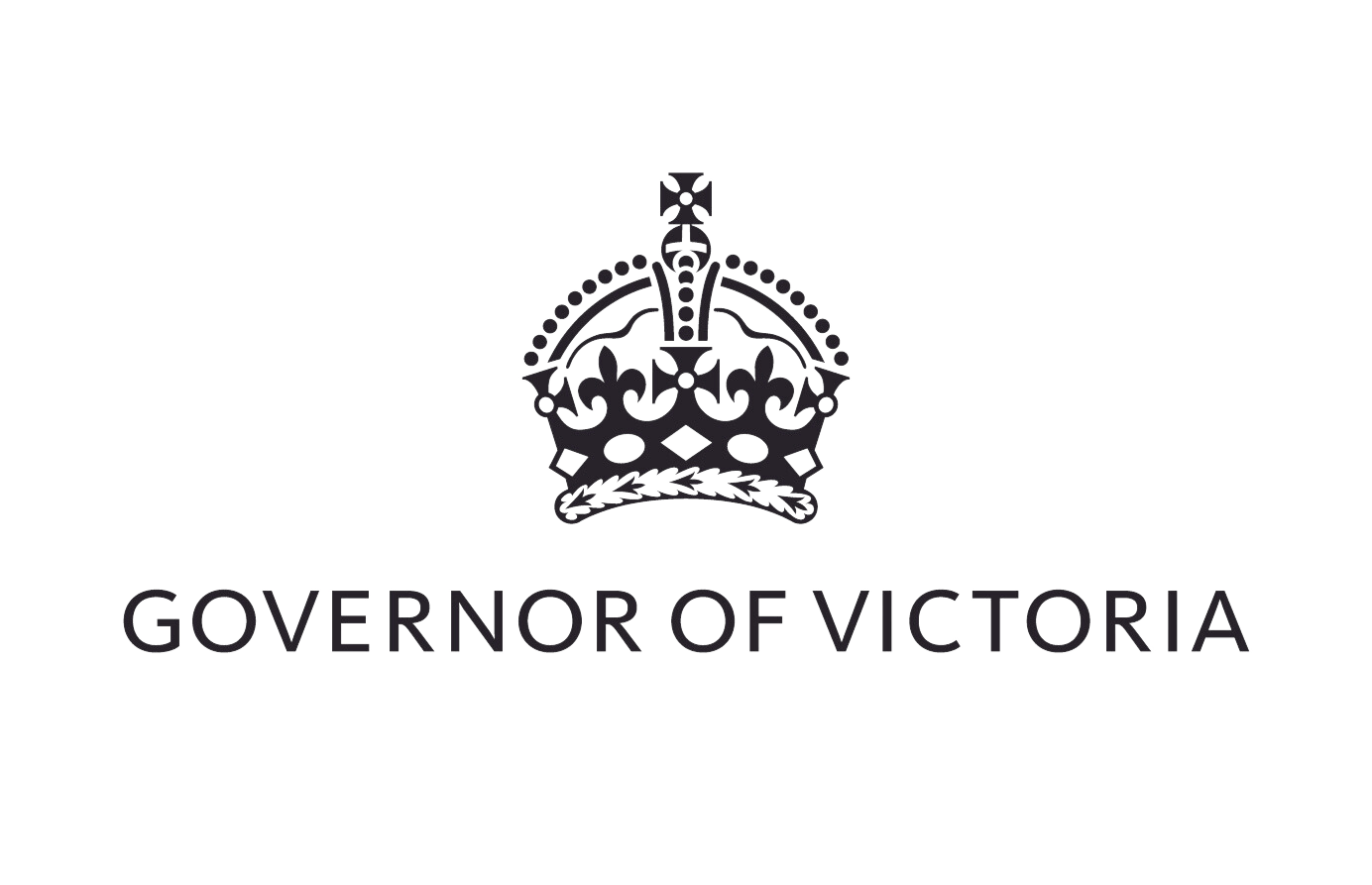Speech given by the Governor at the Understanding Victoria: Discussions at Government House event.
I begin by acknowledging the Traditional Owners of the unceded lands on which this House stands – the Wurundjeri and Bunurong people – and pay my respects to their Elders, past and present.
Long before the State of Victoria was established, this land was an important meeting place for different language groups of the Kulin Nation.
That this House was built where we gather today did not happen by chance.
These lands, with their abundant natural resources, had supported the business and ceremony of First Peoples for countless generations.
When European settlers arrived on the banks of the Yarra River in 1835, they recognised potential that was already familiar to the First Peoples of the area.
In 1836, concerned by the growing number of unauthorised settlements in the area, Governor Sir Richard Bourke appointed a Police Magistrate to oversee Port Phillip District – then a separately administered part of New South Wales.
Within 12 months, settlers would be given free rein to claim large swathes of land to the detriment of Victoria’s First Peoples who had inhabited this place for millennia.
The following year, Bourke visited the District and approved plans for a town to be named Melbourne.
In his book, ‘1835: The Founding of Melbourne and the Conquest of Australia’, historian James Boyce argues that it was Melbourne’s birth, not Sydney’s settlement, which signalled the emergence of European control over Australia.
According to Boyce, from this point, “no more was settlement to be restricted to defined boundaries.”
In 1839, Charles La Trobe was appointed Superintendent of the District, later becoming the Lieutenant-Governor as the Australian Constitutions Act created the Colony of Victoria in 1851.
It is in this context that we set the scene for the first discussion of our new event series here at Government House.
Understanding Victoria is proposed as a series of conversations or discussions about aspects of Victoria's history, with the goal of exploring how we understand Victoria across our community.
Understanding our history should enable us to better appreciate the causes and consequences of key moments in our development and, from that appreciation, to consider the aspects that have continued or changed and that we might seek to change or preserve.
In seeking to better understand, we forge the means to better evaluate as a community, changes occurring or proposed.
This series is deliberately framed as conversations or discussions.
One of the signs of a healthy democracy is open debate of ideas. We have open debate – and on some issues we have very polarised positions.
Another sign of a healthy democracy is the ability to explore issues and deepen, through discussion, our understanding. Questioning can lead to different understandings and also, lead to constructive building of ideas and explanations, rather than a debate between opposing standpoints.
In the spirit of healthy exploration of our history, this is the first in a series of conversations.
Today’s discussion, "Disturbing the order of things", explores the impact of the Gold Rush on ideas, identity and society in Victoria.
Each of our speakers offer insights into the impact of the Gold Rush on the formation of the new Colony of Victoria, shortly after Separation in 1851.
Each of you are here today to bring your perspectives to exploring the implications of this period for the place we call home.
Following a tour of Australia in 1895, Mark Twain described our nation’s history as “curious and strange” and something that reads like “the most beautiful of lies… full of surprises, and adventures, and incongruities, and contradictions, and incredibilities.”
Perhaps it takes an outsider to fully appreciate the depth and complexity of our past.
We ask ourselves: why did particular outcomes and characteristics develop while others did not?
What is the significance of these events in the context of the formation of our current State?
And, what can we learn from our history that should be foundational for our future?
For this first event in the series I want to thank, in particular, the Honourable Maxine McKew, our facilitator, and our three speakers, Robyn Annear, Professor Richard Broome and Professor David Goodman.
The first of a series comes with its own challenges and joys, and I appreciate their willingness to join us in this experiment.
There have been others too who have provided us with advice and counsel as we embark on this series. Many are here today, and others will be participants in future events.
And to you, our inaugural guests – I encourage you to participate enthusiastically in today’s discussion, to engage with our speakers and with each other in what I'm sure will be an open and fruitful conversation.
I now invite the Honourable Maxine McKew to formally introduce today’s discussion.
